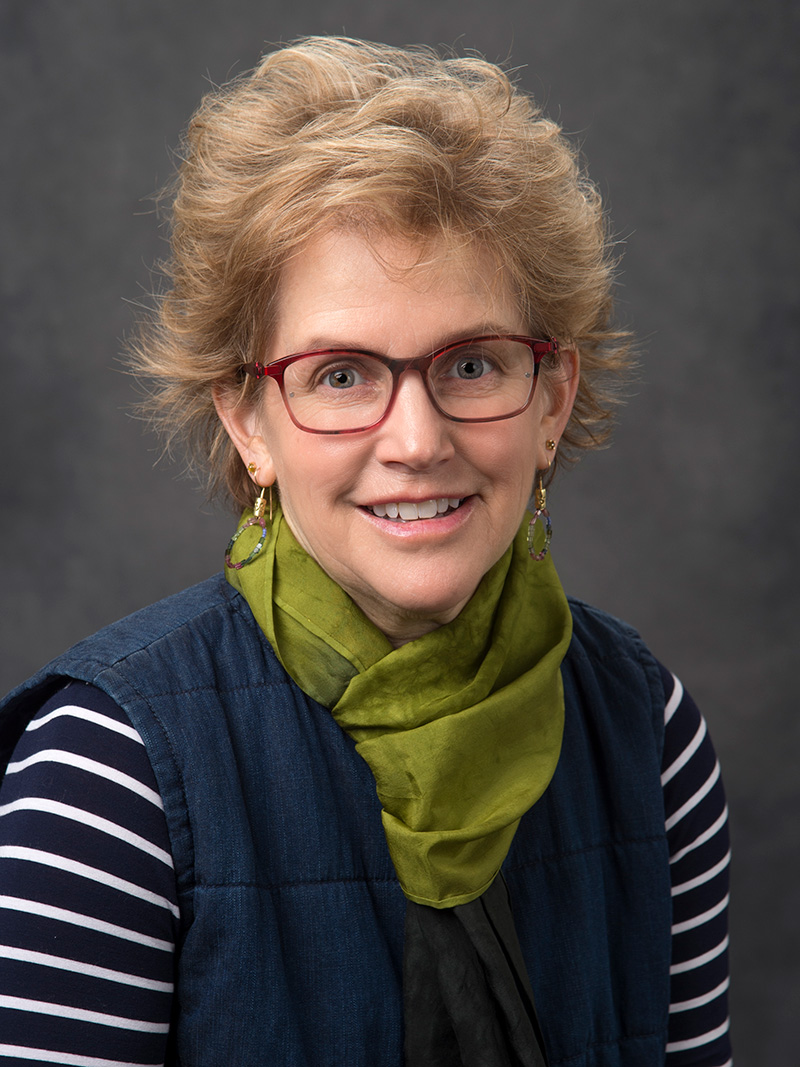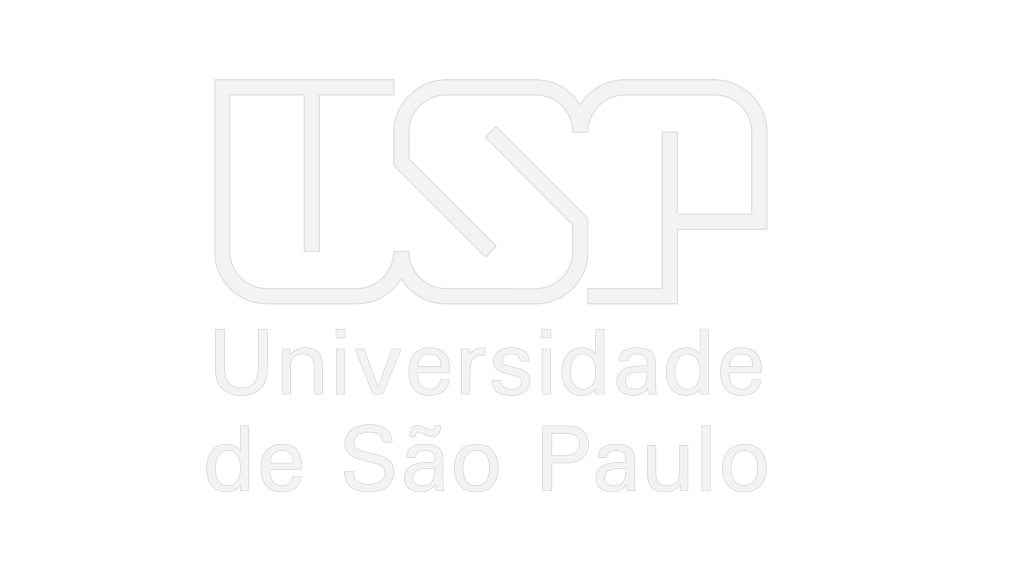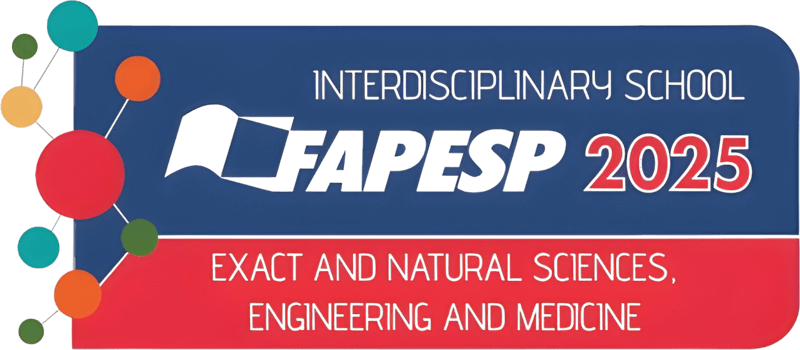Sylvie M. Brouder

Sylvie M. Brouder
Professora de Agronomia na Universidade Purdue
Palestra
Climate-Smart Agriculture (CSA) and Food Security
As the cornerstone of food and nutritional security, agronomy – the science of soil management and crop production – is essential to the climate science that deals with contemporary realities. The CSA terminology was coined in 2012 to characterize an approach that reorients or even transforms agriculture from a present-day condition of serious inadequacies to one that directly addresses food security in a changing climate. The focus was on building evidence for context-specific remedies to increase the adaptive capacity of subsistence and small-holder farmers where climate change threatened livelihoods. Proponents advocated for building resiliency via coordinated action among farmers, researchers, policymakers, communities and the private sector, and specifically sought to link climate and agricultural financing and policy. A decade later, CSA is established in the political vernacular of most nations, and research and development financing has expanded dramatically. However, the popularized concept has expanded to encompass mitigation, which may overshadow adaptation where food insecurity is less of an immediate concern. In the U.S., pressure to comply with international climate change agreements without dramatically reducing energy consumption has created CSA policy frameworks that are not well supported by science or aligned with plausible pathways forward for farmers. Indeed, poor formulation of policies and incentives can generally be tracked to a lack of rigorous, underpinning science and a persistent desire to identify and implement simple, generic strategies that will have measurable, directionally correct impact on global climate change without consideration of tradeoffs. Some important adaptation strategies can have contradictory impacts on mitigation, while mitigation strategies may exacerbate food insecurity and/or other environmental problems. Where the promise of CSA has yet to be realized, the solution lies with stronger, more intentionally designed research portfolios and a reinvestment in the capacity to implement flexible, context-specific solutions, supported by innovative policy and financing actions that minimize tradeoffs.
Minibio:
Sylvie M. Brouder is a professor and Wickersham Chair of Excellence in Agriculture Research in the Department of Agronomy and Director of the Center for Global Food Security at Purdue University. Her research addresses nutrient stewardship in agricultural landscapes and application of emerging digital tools and novel statistical approaches to improve data use for evidence-based recommendations and policy in a changing climate. Dr. Brouder recently served as president for the American Society of Agronomy (ASA) where she worked to advance an array of open science and data initiatives; she currently serves on the standing Science Advisory Board for US Environmental Protection Agency and is a member of the Agriculture Subcommittee. She is a Fellow of ASA and the American Association for the Advancement of Science and is a Certified Senior Ecologist through the Ecological Society of America where she has served two terms on their Board of Professional Certification. At Purdue, Dr. Brouder oversees all research activities at the Water Quality Field Station, a long-term, in-field laboratory and Purdue Core Facility. She has extensive experience in measuring and monitoring direct emissions of greenhouse gases and losses of nutrients to surface waters from annual and perennial production systems and in synthesizing these data with disparate data sources to identify / predict direction and magnitude of management impacts on ecosystem services at scale. With colleagues, she developed and co-teaches Systematic Reviews in Agriculture and the Environment, a hybrid, graduate course synchronously taught across multiple universities.

Sobre a Escola
Participantes
Organização

Colaboração



© 2024 – 2025 Escolas FAPESP. Desenvolvido pela WebContent

